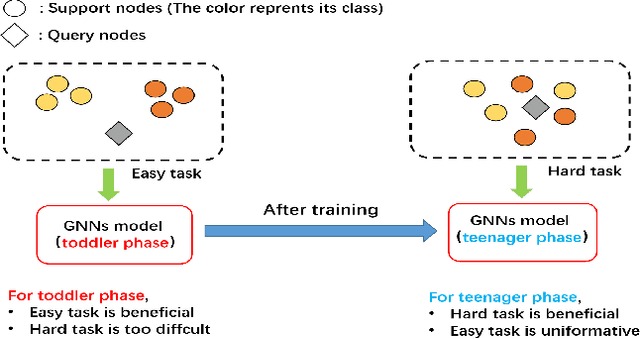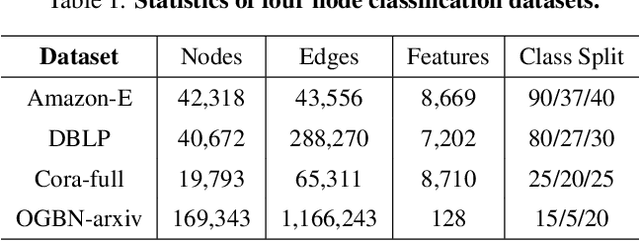Qilong Yan
Enhancing guidance for missing data in diffusion-based sequential recommendation
Jan 22, 2026Abstract:Contemporary sequential recommendation methods are becoming more complex, shifting from classification to a diffusion-guided generative paradigm. However, the quality of guidance in the form of user information is often compromised by missing data in the observed sequences, leading to suboptimal generation quality. Existing methods address this by removing locally similar items, but overlook ``critical turning points'' in user interest, which are crucial for accurately predicting subsequent user intent. To address this, we propose a novel Counterfactual Attention Regulation Diffusion model (CARD), which focuses on amplifying the signal from key interest-turning-point items while concurrently identifying and suppressing noise within the user sequence. CARD consists of (1) a Dual-side Thompson Sampling method to identify sequences undergoing significant interest shift, and (2) a counterfactual attention mechanism for these sequences to quantify the importance of each item. In this manner, CARD provides the diffusion model with a high-quality guidance signal composed of dynamically re-weighted interaction vectors to enable effective generation. Experiments show our method works well on real-world data without being computationally expensive. Our code is available at https://github.com/yanqilong3321/CARD.
CPT: Competence-progressive Training Strategy for Few-shot Node Classification
Feb 01, 2024



Abstract:Graph Neural Networks (GNNs) have made significant advancements in node classification, but their success relies on sufficient labeled nodes per class in the training data. Real-world graph data often exhibits a long-tail distribution with sparse labels, emphasizing the importance of GNNs' ability in few-shot node classification, which entails categorizing nodes with limited data. Traditional episodic meta-learning approaches have shown promise in this domain, but they face an inherent limitation: it might lead the model to converge to suboptimal solutions because of random and uniform task assignment, ignoring task difficulty levels. This could lead the meta-learner to face complex tasks too soon, hindering proper learning. Ideally, the meta-learner should start with simple concepts and advance to more complex ones, like human learning. So, we introduce CPT, a novel two-stage curriculum learning method that aligns task difficulty with the meta-learner's progressive competence, enhancing overall performance. Specifically, in CPT's initial stage, the focus is on simpler tasks, fostering foundational skills for engaging with complex tasks later. Importantly, the second stage dynamically adjusts task difficulty based on the meta-learner's growing competence, aiming for optimal knowledge acquisition. Extensive experiments on popular node classification datasets demonstrate significant improvements of our strategy over existing methods.
Relation-aware Heterogeneous Graph for User Profiling
Oct 14, 2021



Abstract:User profiling has long been an important problem that investigates user interests in many real applications. Some recent works regard users and their interacted objects as entities of a graph and turn the problem into a node classification task. However, they neglect the difference of distinct interaction types, e.g. user clicks an item v.s.user purchases an item, and thus cannot incorporate such information well. To solve these issues, we propose to leverage the relation-aware heterogeneous graph method for user profiling, which also allows capturing significant meta relations. We adopt the query, key, and value mechanism in a transformer fashion for heterogeneous message passing so that entities can effectively interact with each other. Via such interactions on different relation types, our model can generate representations with rich information for the user profile prediction. We conduct experiments on two real-world e-commerce datasets and observe a significant performance boost of our approach.
 Add to Chrome
Add to Chrome Add to Firefox
Add to Firefox Add to Edge
Add to Edge